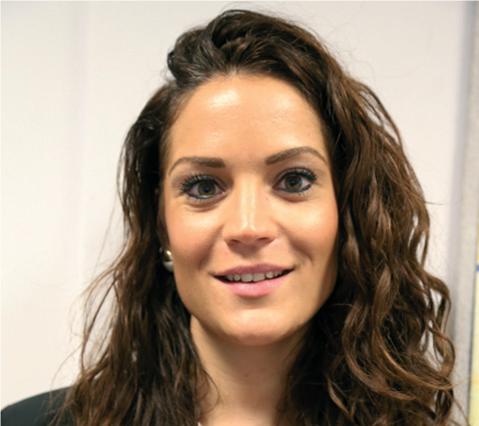Inspire your learners towards more creative thinking and more ambitious articulation, by giving them a mystery to solve in this Spanish debate lesson plan…
Creating a mystery scenario in an MFL lesson is a very effective and engaging metacognitive activity. It’s highly versatile and can be incorporated into any given topic.
Students work in groups and use problem-solving, analysis and decision-making techniques to investigate a mystery or explore a particular question. They use information or ‘clues’ to help them do this.
After reading all the evidence, their aim is to attempt to answer the chosen question in the target language, with a measured justification.
As this is an open task, the activity encourages students to produce a broad range of reasoned arguments based on knowledge and understanding of an issue. They’ll also get into the habit of using reliable evidence to support their ideas.
Contentious issues are often a good way to trigger heated debates. They encourage pupils to consider their own thoughts, opinions and feelings around a topical issue. At the same time, they give students the chance to discuss and reflect upon each others’ answers and justifications.
Mystery-based activities of this kind are extremely versatile. You can therefore use them across a range of subjects and with groups of mixed abilities. They encourage a variety of thinking skills such as synthesising, speculating, classifying and sequencing.
Spanish debate learning objectives
- Develop your teamwork skills
- Develop confidence in your oral skills in Spanish
- Learn to speculate and draw inferences from information
- Justify your debate ideas with reasons
Starter activity
Start your lesson by introducing your objectives clearly. Provide each student with 20 cards, each containing a noun or adjective related to the topic of healthy living.
Have students work in pairs and give them seven minutes to classify the words into groups. Allow them to decide how to group the words but let them know they will need to justify their choices afterward.
Include a mix of vocabulary they are familiar with and new words to challenge them.
Once the time is up, ask each pair to join with another pair to compare their groupings and explain their reasoning.
Encourage them to discuss their methods and the criteria they used, such as spelling patterns, meaning, gender, cognates, or personal opinions.
Aim for a range of strategies and ensure they use technical language to articulate their decisions, as this deepens their understanding of the vocabulary and its connections.
Lidewei Simmons is acting subject leader for MFL and has been a Spanish and French teacher for the past five years.














